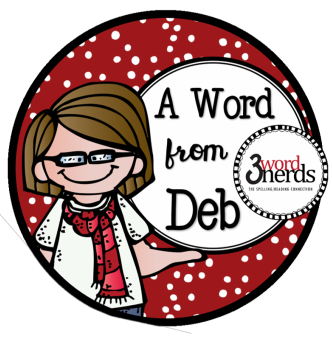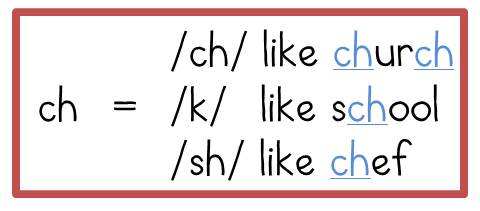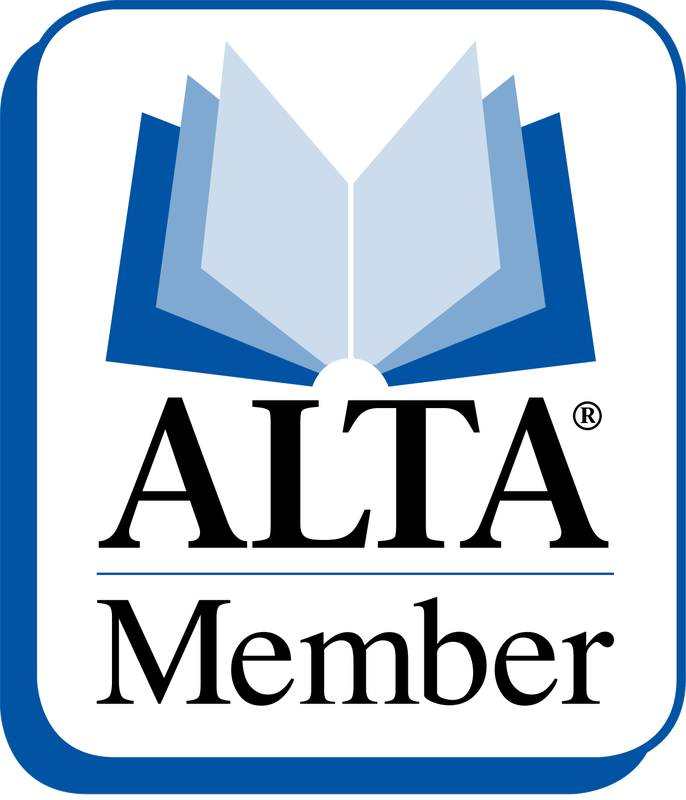Here is a pdf file you can download, print on cardstock, and cut apart for practice. These are the first 300 high frequency words, the ones you see most often in print, to use in word isolation practice. Use them like flashcards and tackle them 10 or 20 at a time. Present the cards one at a time and alternately stack them in two piles so they are "shuffled" for the next time. Repeated practice is important to ensure the words are permanently imprinted for immediate recall. With mastery, move on to the next 10 to 20. Study the new cards and then add them to the previous stack for continued review. When mastery is achieved, cards can be retired to add new cards.
Just for fun, and to reinforce the high frequency factor of these words, choose a few and do a word search in a favorite book, article, or reading passage. Tally or tab the words so you can count them and keep track. How many did you find?
| instant_word_cards_300.pdf |



 RSS Feed
RSS Feed